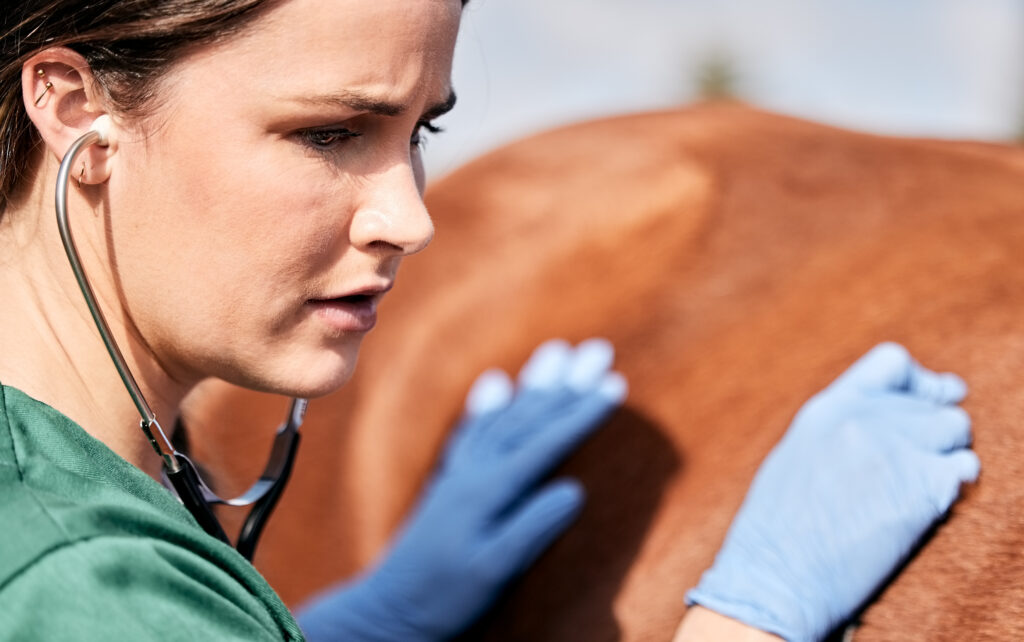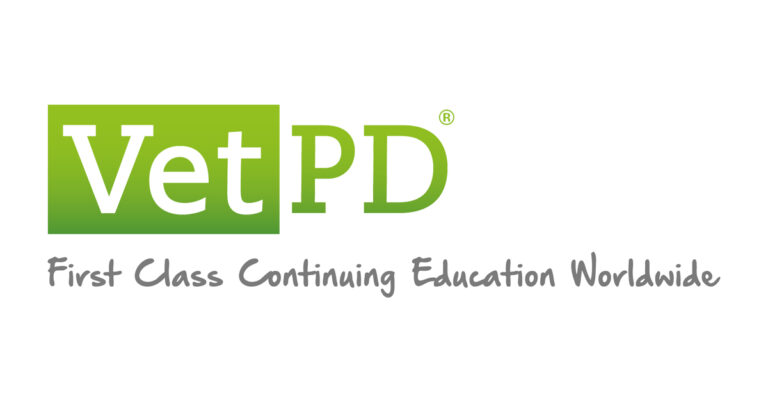This article originally appeared in the Summer 2025 issue of EquiManagement. Sign up here for a FREE subscription to EquiManagement’s quarterly digital or print magazine and any special issues.

Most medical professionals push hard for many years to achieve their dreams, making sacrifices to get excellent grades and have career-elevating experiences. Meanwhile, their peers may have traveled, gone backpacking, or began raising families. With every successful step up the ladder, often little to no time is spent celebrating the achievement. Instead, the focused dedication to continuing the climb leads to the next ambition. Admission to veterinary school is followed by a high-powered internship, which leads to a residency or an associate position at a highly regarded practice. What then? A PhD or an MBA? Or perhaps certification in acupuncture or chiropractic? A successful life becomes measured by the relentless climb to a new goal.
Society or family expectations can heavily influence a professional’s definition of success, and it is not uncommon for an individual to push hard for a pinnacle that might not fulfill what they truly need or want for their life. This realization and acknowledgment can be difficult. Even when a veterinarian truly loves their work and the destination where they have arrived, it can be stressful to suddenly feel, “Is this it?” The constant struggle to reach one difficult goal after another can become a way of life, with contentment left along the wayside.
Veterinarians in all sectors experience significant pressure to deliver successful outcomes for every patient they see, with often unrealistic expectations placed on them by clients. Practitioners are under additional stress to be the embodiment of compassion and love for animals, without boundaries.
As Christina Maslach and Michael Leiter wrote in their paper about burnout, “Burnout has been recognized for many years as an occupational hazard for various people-oriented professions, such as human services, education, and health care. The therapeutic or service relationships that such providers develop with recipients require an ongoing and intense level of personal, emotional contact. Although such relationships can be rewarding and engaging, they can also be quite stressful. Within such occupations, the prevailing norms are to be selfless and put others’ needs first; to work long hours and do whatever it takes to help a client or patient or student; to go the extra mile and to give one’s all.” Does this sound familiar?
The goal of being a veterinarian seems to shine like gold at the summit of a mountain. But standing there at the top, critical medical decisions must be made, often with financial constraints and intense pressure to guarantee results. Those decisions can have high stakes, accompanied by moral or ethical dilemmas. Pressure to stay at the forefront of medical advances collides with long work hours and the exhaustion of meeting so many clients’ and patients’ needs. The physical demands of equine practice often include long hours behind the wheel, handling unruly or dangerous horses, and fatiguing repetitive motions.
Although providing veterinary care to horses can be a very rewarding vocation, it’s critical we learn to manage the stress of this achievement. Without care, it can manifest as burnout, compassion fatigue, anxiety, or depression.
Recognizing your status as a fallible and vulnerable human being can start the journey of self-compassion. Healthy practices (e.g., nutrition, sleep, exercise) and living mindfully in the present moment can help you cope with the stresses of your life. Supplement connection and community with mentors, colleagues, and friends with the valuable help of a therapist. Determine what you really want from your short and beautiful life by taking time away from work for reflection. Veterinary medicine can be a wonderful, inspiring career that fills your need for achievement and service to others, but do not allow it to be what wholly defines you and your life.
Related Reading
- Understanding Maslow’s Hierarchy of Needs
- Veterinary Wellness Briefs: Practicing Radical Acceptance
- Veterinary Wellness Briefs: Aging Gracefully
Stay in the know! Sign up for EquiManagement’s FREE weekly newsletters to get the latest equine research, disease alerts, and vet practice updates delivered straight to your inbox.








